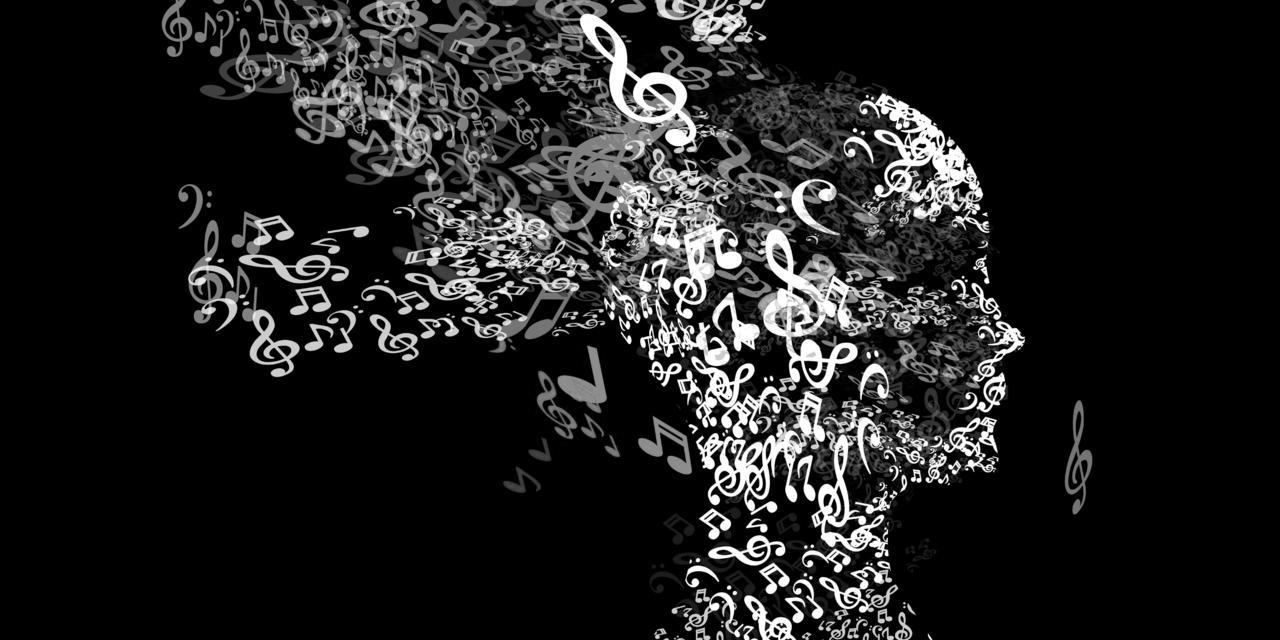A new study has found a link between a person’s appreciation of music and their ability to feel empathy, suggesting that music may have an evolutionary purpose by enabling humans to bond with each other.
“What we found is that when they are listening to familiar music it is almost like they are engaging with a friend,” lead author Zachary Wallmark, an assistant professor at the Southern Methodist University’s Meadows School of the Arts told Newsweek.
The study noted that the reward centers of the brains of highly empathetic people actually light up during functional MRI scans, according to the study published in the peer-reviewed journal Frontiers in Behavioral Neuroscience. The research showed that music also activated other parts of the brain in these subjects, including those involved in social interaction and feeling empathy. This activation might suggest that music gives these listeners the same warm and fuzzy feelings as human contact.
“The concept for the study comes out of this fact that we really have been baffled for quite some time by why humans make music at all,” Wallmark said. This research is the first of its kind to find evidence supporting a neurological connection between music and empathy.
During the study, 20 participants were asked to select a piece of music that they love and one that they strongly dislike. Then, both music samples were played as researchers took scans of the participants’ brains. The study was done in partnership with researchers at the Southern Methodist University in Dallas and the University of California in Los Angeles.
After each participant received an MRI, they were then asked to complete a survey to evaluate differences in empathy. The survey asked questions about how each participant experienced sympathy for others in distress, or how easily they can picture themselves in another person’s shoes.
“This tells us that over and above appreciating music as high art, music is about humans interacting with other humans and trying to understand and communicate with each other,” Wallmark said.
“The big take away is that this provides additional ballast to an emerging view that the primary function of music might be social. It might be primarily about communicating with others, bonding with others, being able to express and sonify your emotions and intentions,” Wallmark said.
“It’s not smoking gun evidence obviously – but it is suggestive.”
Originally posted by NEWSWEEK.


